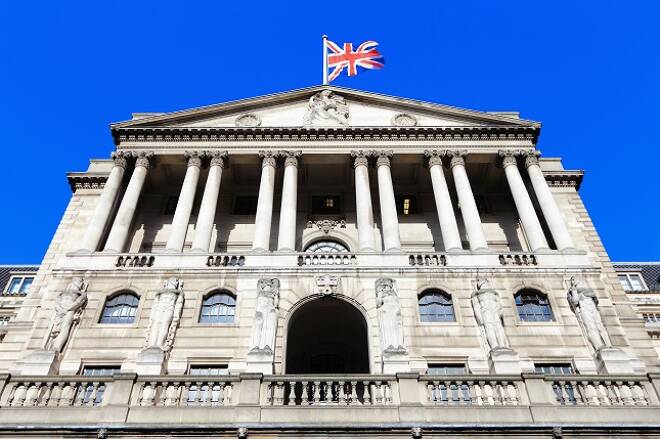Advertisement
Advertisement
Mark Carney Bids Adieu, Bailey to Take Helm at Bank of England
By:
Mark Carney will step down as head of the Bank of England in March, and his replacement will be Andrew Bailey. The new governor will have to deal with a host of pressing issues, including post-Brexit, a weak domestic economy and climate change.
Mark Carney, Governor of the Bank of England for the past eight years, will bid farewell in March. After intense speculation over who would succeed Carney when his term expired, the chancellor of the Exchequer, Sajid David has named Andrew Bailey as Carney’s replacement.
There is no arguing that Bailey will have very large shoes to fill at the helm of one of the most powerful central banks in the world. Carney was a major player on the global financial scene, and investors listened closely when the calm, cool and collected Carney had something to say. Bailey may not be a high-profile choice for the job, but he does have extensive experience at the BoE, most notably as head of the Prudential Regulation Authority, which is the BoE’s supervisory body.
What are some of the key issues that Bailey and the BoE will face? First and foremost, is the UK-Europe relationship in the post-Brexit era. Mark Carney was not shy about weighing in during the difficult Brexit negotiations, and his sometimes outspoken statements about Brexit did on occasion lead to volatility in the currency markets. Prime Minister Johnson and EU officials have a frosty relationship, so Bailey could play a constructive role if he develops a smoother relationship with senior officials at the ECB.
The BoE will also have to deal with an environment of weak inflation and low-interest rates. The BoE has held the benchmark rate at 0.75% since August 2018, but at the past two rate meetings, two of the nine rate-setters voted in favor of immediately trimming rates. If the British economy remains stagnant, Bailey will face more pressure to cut rates.
Finally, there is the issue of climate change. Although at first glance this would not be a topic concerning central bankers, the climate crisis has become too large an issue to ignore. Sarah Breeden, a senior British bank analyst has warned that the global climate crisis could cause a collapse in confidence and wipe out as much as $20 trillion in assets. Christine Lagarde, the new president of the ECB, has already said that climate change will be a priority, and under Carney, the BoE has called attention to this issue. Under Bailey, climate change is expected to remain a key issue.
About the Author
Kenny Fisherauthor
Kenny is an experienced market analyst, with a focus on fundamental analysis. Kenny has over 15 years of experience across a broad range of markets and assets –forex, indices and commodities.
Advertisement
